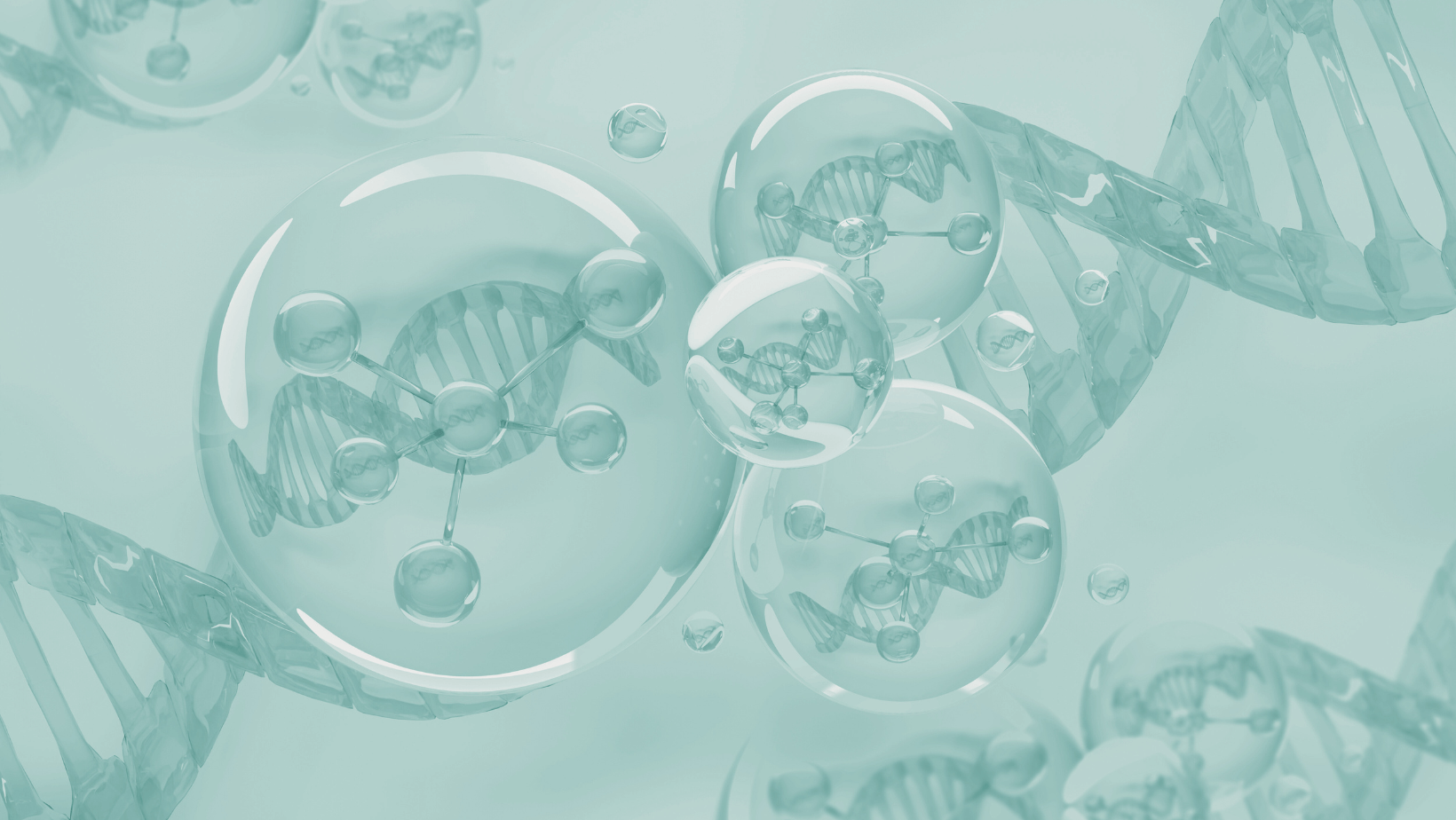In 2019 we shared a new study from Australia highlighting the promising potential of vitamin B3 (also known as nicotinamide or niacinamide) in reducing the risk of skin cancer. UV radiation from the sun is widely known as a major contributor to skin aging and skin cancer by damaging the DNA in skin cells and suppressing our skin's immune defenses. However, research continues to support a preventative strategy for maintaining healthy skin - vitamin B3.
Let’s take a closer look at a daily, oral dose of vitamin B3:
Research: Promising Outlook for Vitamin B3
- Reducing Skin Cancer Risk:
- Vitamin B3 supplements can help reduce the risk of basal cell carcinoma (BCC) and squamous cell carcinoma (SCC) in people at high risk.
- In a study, taking 500mg of vitamin B3 twice daily for a year reduced the rate of new non-melanoma skin cancers by approximately 23%
- BCCs were reduced by 20%.
- SCCs were reduced by 30%.
- Treating and Preventing Solar Keratoses:
- Vitamin B3 is effective for managing solar keratoses commonly known as sunspots.
- It helps treat existing solar keratoses and prevents new ones from developing.
Biology: How does Vitamin B3 work?
Vitamin B3 plays a crucial role in skin health.
- Energy Production:
- Vitamin B3 is involved in cellular energy production. It participates in metabolic pathways that generate energy molecules (such as ATP) within cells.
- By enhancing energy availability, vitamin B3 helps cells function optimally and repair damage caused by UV radiation.
- DNA Repair:
- UV radiation damages DNA in skin cells. This damage can lead to mutations and uncontrolled cell growth, potentially resulting in skin cancer.
- Vitamin B3 supports DNA repair mechanisms. It helps correct DNA damage, reducing the risk of abnormal cell growth.
- Immune System Modulation:
- UV radiation suppresses the immune response in skin cells. This immune suppression can hinder the body’s ability to detect and eliminate damaged cells.
- Vitamin B3 counteracts this effect by reducing immune suppression. It helps maintain a healthier immune environment in the skin.
Intake: Balancing Diet and Supplementation
- While dietary sources provide some nicotinamide, skin cancer risk reduction requires higher doses.
- A twice daily vitamin B3 supplement - about 500mg per dose - achieves the desired effect.
- Incorporating vitamin B3 into your daily skincare routine is a great way to improve skin health.
In summary, vitamin B3 contributes to skin health by promoting energy production, repairing DNA, and mitigating immune suppression caused by UV radiation. Including vitamin B3 in your skincare routine and diet can be beneficial for overall skin protection.
Remember, maintaining overall skin health involves a holistic approach, including sun protection, diet, and skincare practices.
Interested in supplementing niacinamide into your skin care routine? We recommend one of Sapelo’s skin healing serums: Renewing Serum, Spring Tide Serum, Instant Impact HA Serum and C Skin Activator – each formulated with a high-quality and high-concentration of vitamin B3 or niacinamide.
Remember to consult with a healthcare professional before starting any new supplement regimen.
We encourage everyone to prioritize their skin health and learn more about nicotinamide by visiting these sites:
- A Phase 3 Randomized Trial of Nicotinamide for Skin-Cancer Chemoprevention, (New England Journal of Medicine, Authors: Andrew C. Chen, M.B., B.S., Andrew J. Martin, Ph.D., Bonita Choy, M.Med., Pablo Fernández-Peñas, Ph.D., Robyn A. Dalziell, Ph.D., Catriona A. McKenzie, M.B., B.S., Richard A. Scolyer, M.D., +6, and Diona L. Damian, Ph.D.)

